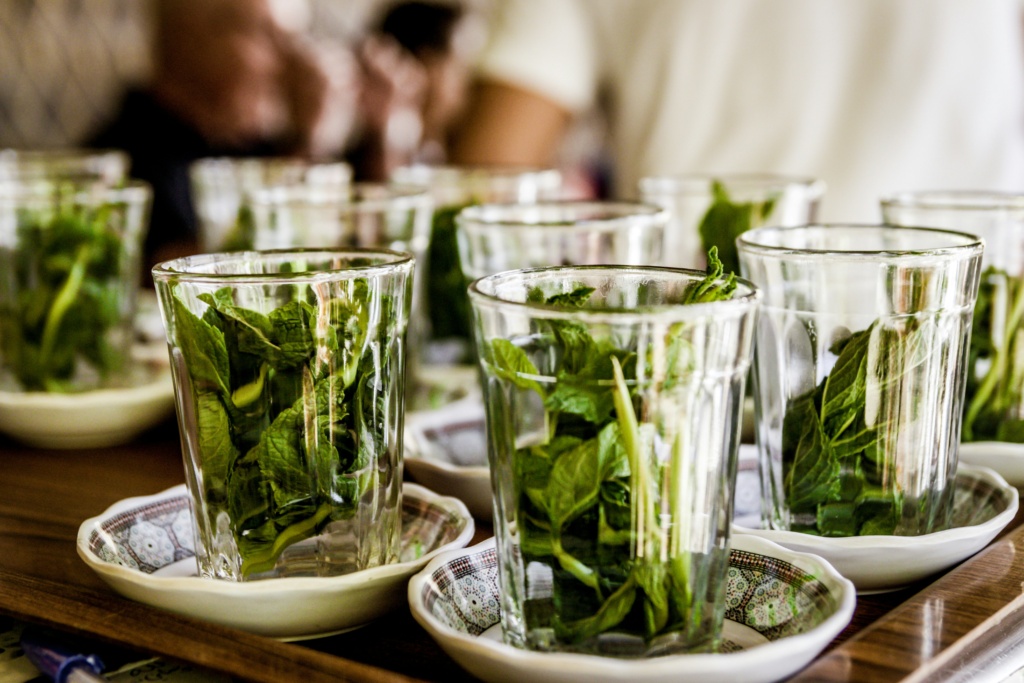Bloating: Symptoms, Causes, and Relief

Bloating can be incredibly uncomfortable. For those who experience it regularly, the impact on daily life, social engagements, and even food choices can be significant.
The discomfort and distension caused by bloating often lead to questioning your dietary decisions and doubting your body’s cues. In some cases, it can even create a fear of certain foods or, in extreme situations, a fear of eating altogether.
But here’s the reality: It’s not just a mental struggle. That extra weight you feel isn’t fat—it’s the bloat causing confusion!
Let’s navigate this together and understand the causes behind bloating.
1. A Sluggish Liver
Anthony has elaborated on how our livers can become stagnant or sluggish due to various factors like pathogens, toxic heavy metals, adrenaline, environmental chemicals, and a high-fat diet (considering that protein often contains high-fat content).
Adrenaline can arise from consuming a diet rich in fats, experiencing trauma or emotional events, excessive coffee intake (which affects the adrenals), or leading a busy, high-stress lifestyle that keeps the body in a constant fight-or-flight mode. As the holidays approach, joy and stress often come hand in hand.
To gain a comprehensive understanding of adrenaline’s function and how to support your adrenals, liver, and digestive system, we recommend delving into ‘Cleanse to Heal.’ Additionally, these topics will be covered in our Reset mini course. While stress might be inevitable, we can certainly bolster our bodies to safeguard our adrenals and overall health.

2. Low HCL (hydrochloric acid)
Low hydrochloric acid plays a significant role as an underlying cause of bloating. This might seem counterintuitive initially, as conventional treatments for stomach issues often revolve around using stomach-acid inhibitors, assuming there’s an excess of acid. However, understanding this distinction is crucial.
When insufficient bile and hydrochloric acid production stem from a sluggish liver, bloating can result from undigested foods. Anthony sheds light on this process in ‘Liver Rescue’:
“Ammonia permeability, a condition often mistaken for leaky gut, develops due to food decomposition in the intestinal tract. This produces ammonia gas, further expanding the intestinal tract, causing bloating, cramping, discomfort, and distension.”
– Anthony William
3. Chronic Streptococcus (antibiotic resistance)
Bacterial infections, including strep, can easily transfer from one person to another, with numerous strains posing a potential risk. Anthony highlights that there are over 50 groups of streptococcus bacteria, surpassing the count identified by current research and science. Some of us harbor specific strains of streptococcus bacteria inherited from our parents or contracted during childhood or teenage bouts of strep throat. Additionally, it’s effortless to acquire multiple varieties of strep bacteria via intimate contact, restaurant meals, or public bathrooms. The activity level of strep in the body fluctuates depending on an individual’s immune system and current life circumstances.
This information ties directly into bloating and SIBO (small intestinal bacterial overgrowth). Frequently, antibiotics are prescribed to alleviate symptoms, but this approach proves ineffective. Strep strains causing bloating often resist antibiotics, exacerbating the root issue.

Nutritional, herbal, and supplement support for bloating relief:
- Celery Juice: Consumed daily, this fresh juice helps increase hydrochloric acid and reduce bacterial loads, heping with bloat relief.
- Foods that Support Bloating Relief: peppermint tea, onions, oranges, kiwis, leafy greens, papaya (or a blend of papaya with celery juice), ginger, and the heavy metal detox smoothie.
- Reducing High-Fat Foods: Reducing high-fat foods, especially animal protein, can give your liver, gallbladder, and overall digestion a break. Simplifying meals with more plant-based foods can be tremendously helpful with bloating.
- Herbs and Supplements: Target potential bacterial loads in the gut using herbs such as goldenseal, cat’s claw, oregano, olive leaf, thyme, or garlic. Supplements like monolaurin, vitamin C, zinc, B12, and magnesium can also address underlying issues.
Move Past Bloating! Join Empowered Reset
In the 8-day Empowered Reset, you will learn how to UPROOT bloating and SIBO for good. Participating in this Reset will be especially helpful if you deal with any bloating. The lessons are packed with information on how to improve hydrochloric acid, lower pathogen and bacteria load in the body, tips for removing the effects of stress, and more on the connection between the lymphatic system and the liver. You will also learn how to get back into exercise and movement with chronic illness and symptoms.
Empowered Reset is extremely popular among participants for the affordable cost, the in-depth lessons on popular topics, and the ability to have your personal questions answered.
Have you ever wanted to try a 28-day or 369 cleanse and felt intimidated? Now is your chance to have guided support in a community of like-minded wellness friends. Pregnant and breastfeeding moms are also welcome to join!

